FAQ
I’m thinking about buying my first home. Where do I start?
Step 1 is to get pre-approved for a mortgage. A pre-approval lets you know how much you can spend and locks you in at the current interest rate for 90 days or more, allowing you to shop with confidence.
Read more here.
Is there a “best“ time of year price-wise to buy a home?
“There really isn’t. Prices depend on a number of factors like supply, demand and other housing market conditions. These can vary greatly from city to city, and from one neighbourhood to the next. Rather than season, the numbers of days on market is the biggest indicator of your negotiating power. If the home was recently listed, the seller will have had less time to test the market and gauge buyers’ response to the price, and will be less likely to negotiate
Can I buy a home with no down payment?
The down payment is an essential part of your purchase. There are private lenders who offer mortgages with zero down, but the interest rate will likely be much higher and the cost to you will be much greater in the long run. This is generally not recommended. Don’t cut corners and risk your home and investment. Save up at least five per cent of the purchase price, and consider reducing your home-buying budget to make it more affordable.
Aside from good ol’ scrimping and saving, you can also take advantage of the first-time Home Buyer’s Plan to borrow from your RRSPs – tax free! Click here for more information
How does mortgage loan insurance work?
There is a common misconception that mortgage loan insurance protects the borrower. This is not the case. Mortgage loan insurance is there to protect the lender against default in payments by the homebuyer. If the buyer has a down payment of less than 20 per cent of the purchase price, the lender will purchase default insurance and pass that cost on to the borrower. This can be paid up front or tacked on to the mortgage payments and stretched out over time. Mortgage loan insurance is offered by companies like Canada Mortgage and Housing Corp., Genworth Financial Canada, Canada Guaranty, or another approved private insurer.
How much will I need for closing costs?
Closing costs will typically range from 1.5 to four per cent of the home’s purchase price. These include things like legal and administrative fees and are payable on closing. You can expect to pay for your home inspection, mortgage default insurance if you down payment is less than 20 per cent of the purchase price, the Land Transfer Taxes, lawyer fees, appraisal fee and property taxes, among other things. Make sure you budget for this! On a $500,000 home, closing costs can range from $7,500 to $20,000
Should I lower the list price, or offer an incentive to sell my home faster?
Reducing the listing price is the way to go, according to Mike Zuccato of RE/MAX Realty Services in Brampton, Ont. It’s critical that you list your home for the right price, in order to attract interest from buyers and generate serious interest in your listing. Your real estate agent will help you set the right price that is competitive with comparable homes in your area.
What colour of houses sell fastest?
“The easy answer is, depends on where you are!” says John Wolfe of RE/MAX a-b Realty in Stratford, Ont. “The colour is important, but having a colour that is prevalent in a community and keeping that colour complimentary to the vintage of the home is likely best.”
What should I look for in a lucrative investment property?
Whether you’re thinking about resale value down the road, a quick reno-and-flip job, or for long-term rentability as a landlord, location is the golden rule of real estate. “Your home is not an isolated island,” says Gerry Footz, RE/MAX Elite in Edmonton, Alberta. “For investment purposes down the road, it might be tougher to sell a nice house in an unappealing community.” Homes near public transit lines typically sell faster and for a higher price.
Vancouver-based real estate research and consulting firm Cutting Edge Research Inc. identified these factors for a solid investment property. Is the area experience population, income and employment growth? Will the area benefit from an economic or real estate ripple effect? Can the local infrastructure support the expected growth? Are there any major transportation improvements in the works? Is the area attractive to Baby Boomers’ lifestyle? Is there a short-term problem occurring that is likely to disappear in the future?
Read more about location here.
Does a higher credit score mean a better mortgage rate?
Your credit score is a measure of your financial health. According to the Government of Canada, your rating “indicates the risk you represent for lenders, compared with other consumers…The credit-reporting agencies Equifax and TransUnion use a scale from 300 to 900. High scores on this scale are good. The higher your score, the lower the risk for the lender.” Thus, a higher rating will typically secure a better mortgage rate, since you’re considered to be more likely to make your scheduled payments.
If you have a poor rating, do some damage control before you apply for your mortgage. For more information, read this.
What does the new mortgage stress test mean?
The new mortgage rules require that all mortgage applicants qualify at a rate that’s two per cent higher than your contracted rate or the Bank of Canada’s five-year benchmark rate. This is to ensure that borrowers will be able to make their mortgage payments should interest rates increase.






